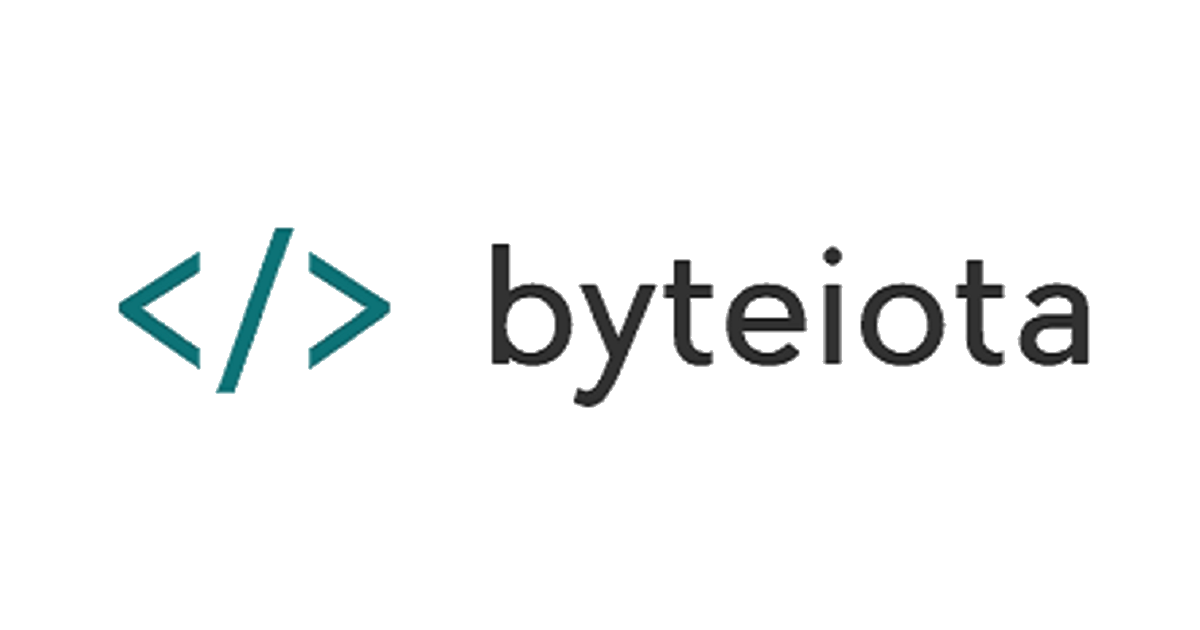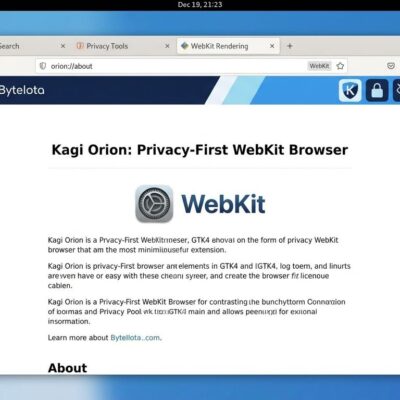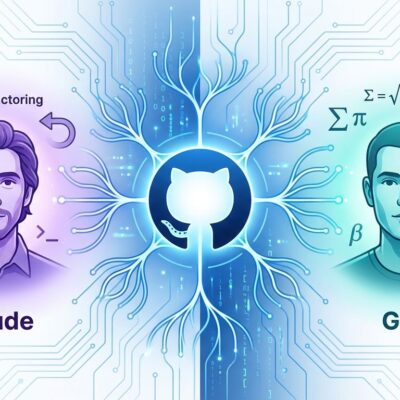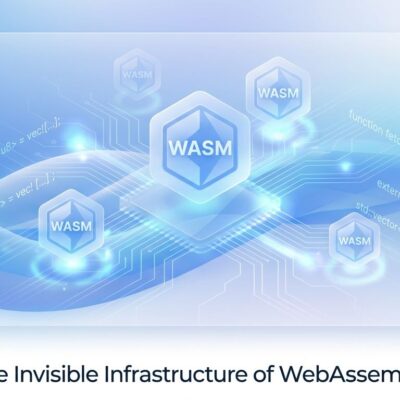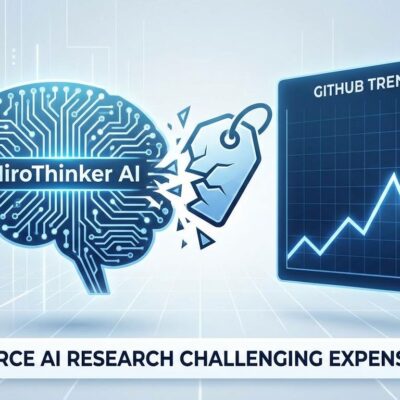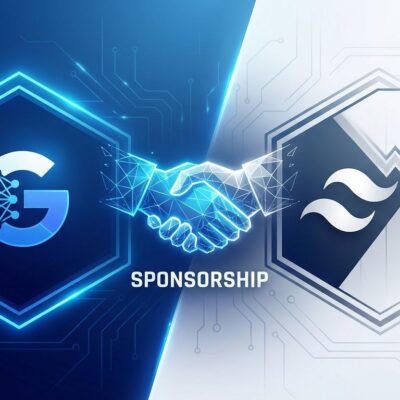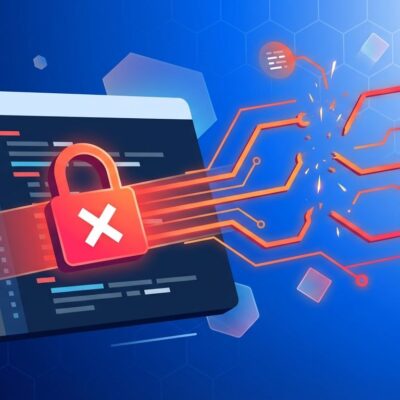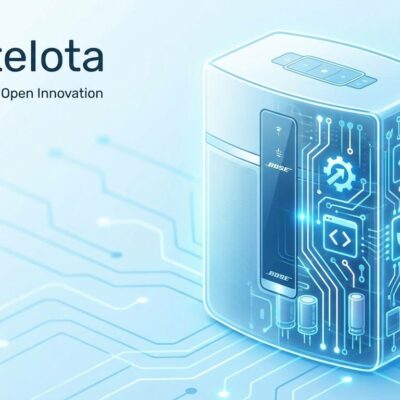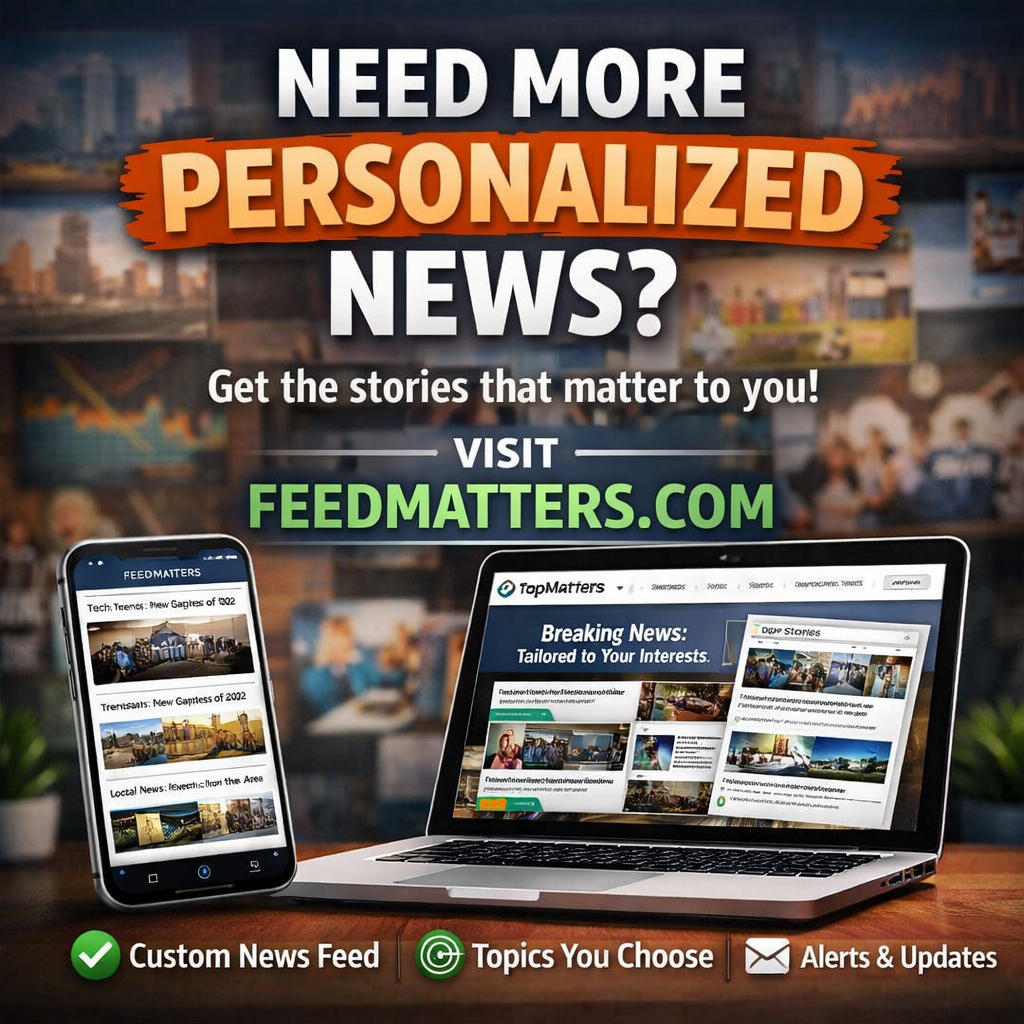
OpenAI just drew a hard line. The company’s updated Terms of Service now explicitly prohibit using ChatGPT to provide legal or medical advice to others. For developers building AI-powered applications, this isn’t just a policy tweak—it’s a signal that the AI industry is entering a new phase of responsibility and liability management.
What Changed and Why It Matters
The update distinguishes between personal information-seeking (“Can you help me understand this medical term?”) and professional advice-giving (building an app that diagnoses conditions or interprets legal documents for end users). The latter is now explicitly off-limits.
This matters because ChatGPT powers thousands of applications through OpenAI’s API. Legal tech startups using it for contract review, health tech companies building symptom checkers, and even customer service bots that touch on policy or health questions now face a reckoning. They’ll need to redesign, add human review layers, or switch providers entirely.
The Developer Impact
If you’re building on OpenAI’s platform, here’s what you need to know:
Enforcement is unclear but real. OpenAI can monitor API usage patterns for legal or medical content at scale, flag suspicious prompts, and review applications. The company hasn’t detailed enforcement mechanisms, but account suspension is on the table for violations.
The advice-information line is fuzzy. What’s the difference between “providing information” and “giving advice”? If your app helps users understand their rights or symptoms, is that information? If it suggests next steps, is that advice? OpenAI’s policy leaves room for interpretation, which means developers are operating in a gray zone.
This affects more than you think. Even general-purpose apps can trip this wire. A customer service bot explaining return policies might edge into legal territory. A wellness app discussing health topics could cross the medical advice boundary. Context matters, and blanket solutions won’t work.
Why Now?
This policy shift reflects growing awareness of AI liability. In a notable case, Air Canada’s chatbot gave incorrect refund information, and the airline was held responsible. As AI moves from experimental to essential, companies are recognizing they can’t just slap disclaimers on everything and hope for the best.
OpenAI is protecting itself, yes, but also setting a precedent. Expect Google Gemini, Anthropic’s Claude, and other platforms to follow suit. The days of general-purpose AI wandering freely into regulated professional domains are ending.
What Developers Should Do
Review your use cases. If your application touches health or legal topics, audit how you’re using the API. Are you providing information or advice? Can users interpret your output as professional guidance?
Consider specialized alternatives. Purpose-built legal AI like Casetext’s CoCounsel or healthcare AI like K Health operate within proper regulatory frameworks. They’re designed for these domains, with appropriate safeguards and compliance measures.
Implement human oversight. For applications that can’t avoid legal or medical topics, add human review layers. AI-assisted human professionals—not AI replacing professionals—is becoming the standard approach.
Communicate clearly with users. Make it obvious that your application provides information, not professional advice. Direct users to qualified professionals for decisions that matter. Transparency protects both you and your users.
The Bigger Picture
This policy change isn’t an isolated event. It’s part of AI’s transition from “move fast and break things” to “operate responsibly in the real world.” As these tools become embedded in critical workflows, boundaries matter.
For developers, this means thinking carefully about architecture decisions. General-purpose AI platforms are positioning themselves as information tools, not professional advisors. If your application needs to operate in regulated domains, you’ll need specialized solutions, proper frameworks, and likely human involvement.
The good news? This clarity pushes the industry toward better solutions. Instead of shoehorning general AI into professional contexts, we’ll see more purpose-built tools designed with the right guardrails from day one. That’s better for everyone—developers, users, and the credibility of AI itself.
Looking Ahead
Will other platforms follow OpenAI’s lead? Almost certainly. The pattern is clear: as AI platforms mature, they’re defining what they’re for—and what they’re not. Developers building on these platforms need to work within those boundaries, not around them.
The question isn’t whether AI belongs in professional domains. It’s how we build AI for those domains responsibly, with proper oversight, regulatory compliance, and clear limitations. OpenAI’s policy update is less about restriction and more about recognition: some problems need more than a general-purpose chatbot.
